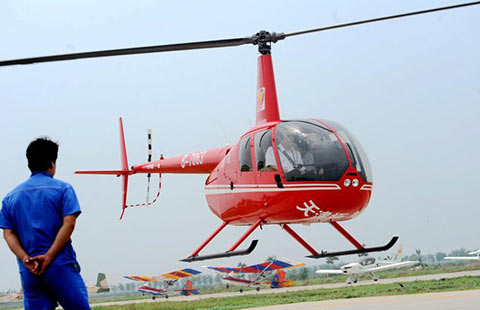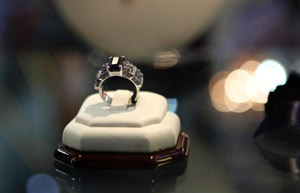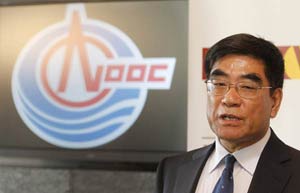Finding the right work-life balance
By Bloomberg (China Daily) Updated: 2014-07-14 07:02At 18, Guo won a government subsidy to attend Shanghai's prestigious Fudan University, where he developed an interest in philosophy as China was becoming more open to Western ideology.
After graduating, Guo worked at the university's Communist Party Youth League for three years before answering a call by former Chinese leader Deng Xiaoping in 1992 for the non-State owned economy to prosper.
"China's economy and governance had made big strides in openness, and there were a lot of opportunities," Guo says. "So I got together a few friends, some of us graduated, some not, and we decided to take the plunge."
|
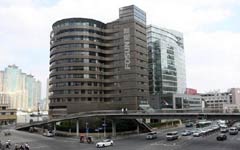 |
|
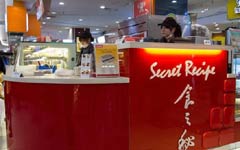 |
In 2003, Fosun participated in the privatization of Nanjing Steel Group, previously owned by the Nanjing municipal government, according to the company.
That same year Guo became a deputy to China's top legislative body, the National People's Congress. Membership in the legislature can confer social status and sometimes make it easier for a company to expand into new areas.
Guo said personal relationships are an important element in commercial cooperation around the world and the company's investments strictly follow laws and regulations.
In 2007, Guo set his sights abroad. Fosun International Ltd, the unit that would later make most of the group's overseas acquisitions, went public in Hong Kong that year.
"We thought of longer-term solutions to fundraising, and then we thought of insurance and the Buffett model," said Guo.
Since then, Fosun has invested in Xi'an-based Yong An Insurance Co and Peak Reinsurance Co of Hong Kong. Insurance now accounts for about 40 percent of Fosun's assets.
Its first overseas deal came in June 2010, when Fosun paid 41 million euros ($56 million) for 10 percent of Club Med, the resort owner with operations in 40 countries and regions.
- First private flying club draws crowds in Tianjin
- Making capital from the early investments
- TMT companies tap niche ADR route for long-term benefits
- Baidu big winner in World Cup
- Innovation to keep carmakers ticking
- Top 10 dairy companies in the world
- Luxury car sales keep foot on accelerator
- BRICS seeks new paths to develop
